StarT projects and best practices
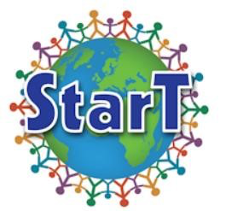
Projects and best educational practices of the MTA-SZTE Science Education Research Group
in the StarT programme
StarT is organized by the LUMA Centre Finland. The primary objective of StarT is to implement a new, interdisciplinary and collaborative StarT way of working and thinking, which emphasizes project-based learning and active collaboration within the learning community. StarT combines inquiry-based learning, integrative learning, and phenomenon-based learning. It promotes the use of modern technology as well as that of other learning environments outside of school. StarT also supports an interest-driven approach to science and mathematics. StarT supports girls’ interest towards science, technology and mathematics through creative working methods and contexts that students find fascinating. Our research group has been a member of this international programme from the very start.
2017
In 2017 six teams from Hungary have participated in the StarT project launched by the LUMA Centre Finland, realizing six projects. The teams were supported by the MTA-SZTE Science Education Research Group. The teachers coordinating the projects have been maintaining professional relations with the research groups for several years. They are currently participating in the Content Pedagogy Research Program of the Hungarian Academy of Sciences as part of the research group aiming to improve scientific thinking. They strive to integrate the elements of activity-based teaching methods (e.g. project-based, inquiry-based, and problem-based methods) in their everyday teaching practice; thus, acting as a bridge between the theory and practice of teaching.
Project managers maintained regular contact with each other and the researchers throughout the realization of the projects. They presented their results and shared their experiences with their peers and the public at the Science Fair. Besides being an opportunity to build networks between teachers, the fair also allowed teachers to reach teachers in training, who also attended the fair. The pre-service teachers collected information as part of their project “Projects under the magnifying glass.”
THE MATHEMATICS OF THE CHESTNUTProject manager: Szivárvány Óvoda, Kistelek In 2017, at the LUMA Centre StarT contest the project was among 10 best projects. |
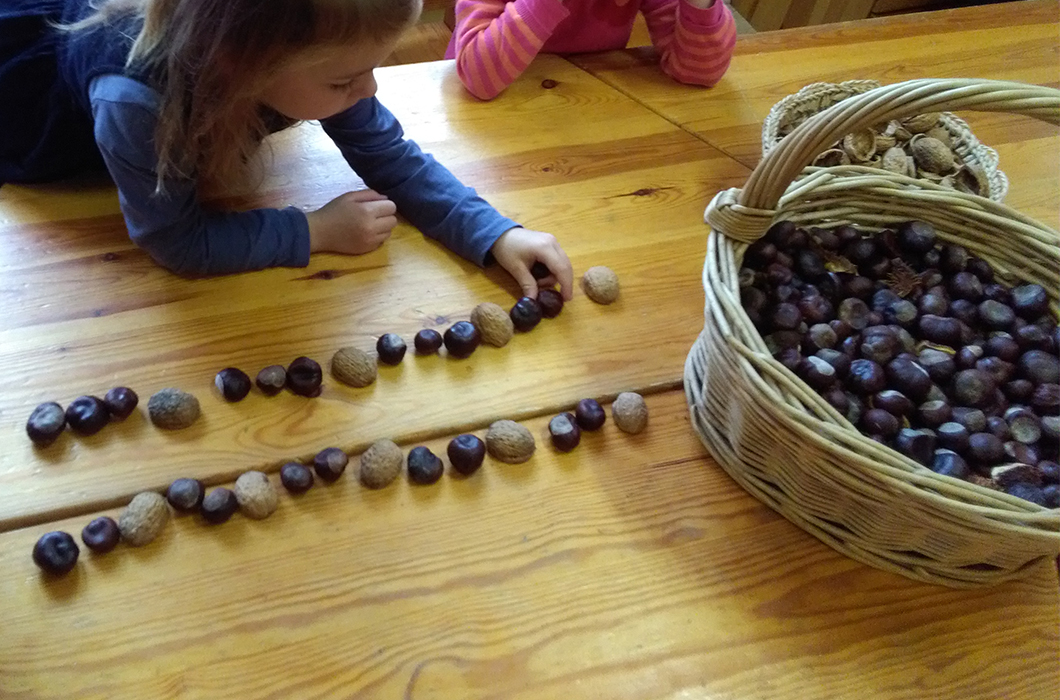 |
WINTER HEALTH WEEKProject manager: Szivárvány Óvoda, Kistelek |
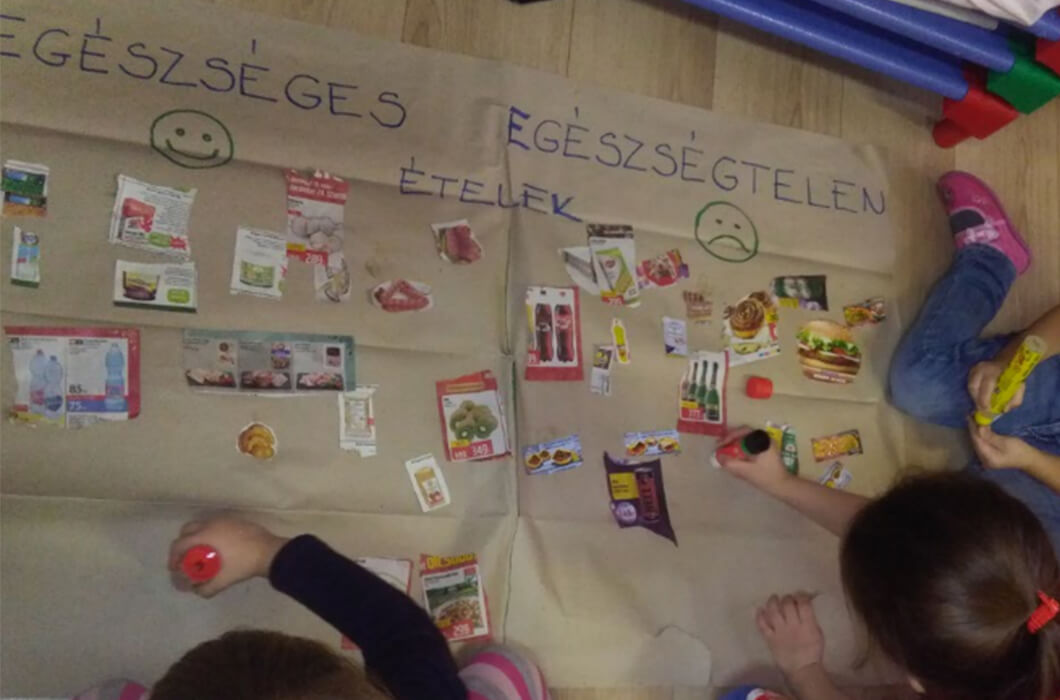 |
MYSTERIES OF THE MULTIFACETED FORESTProject manager: SZTE Gyakorló Gimnázium és Általános Iskola |
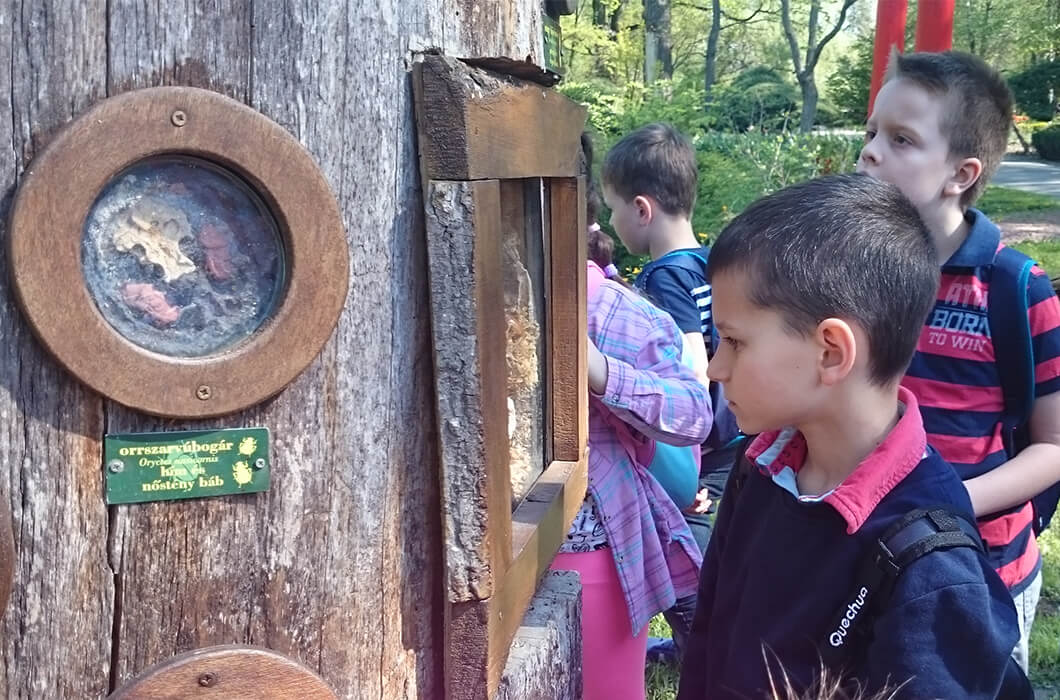 |
A BIRD-FRIENDLY GARDENProject manager: Szegedi Arany János Általános Iskola |
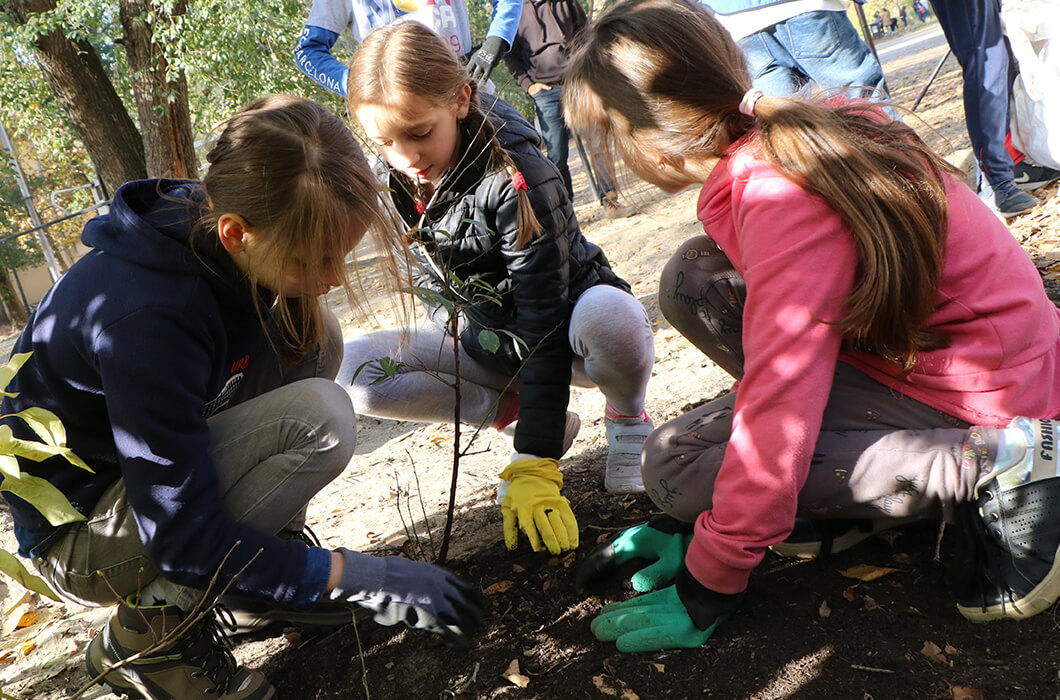 |
ADAPTING? |
 |
IN SEARCH OF VITAMIN CProject managers: SZTE Gyakorló Gimnázium és Általános Iskola |
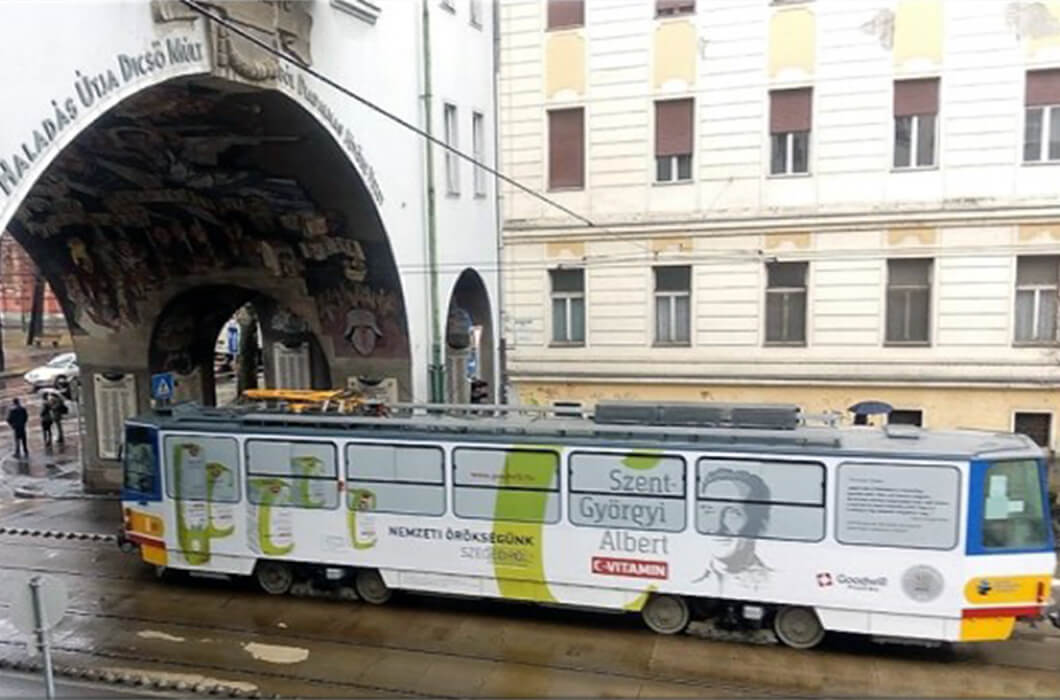 |
SCIENCE FAIR |
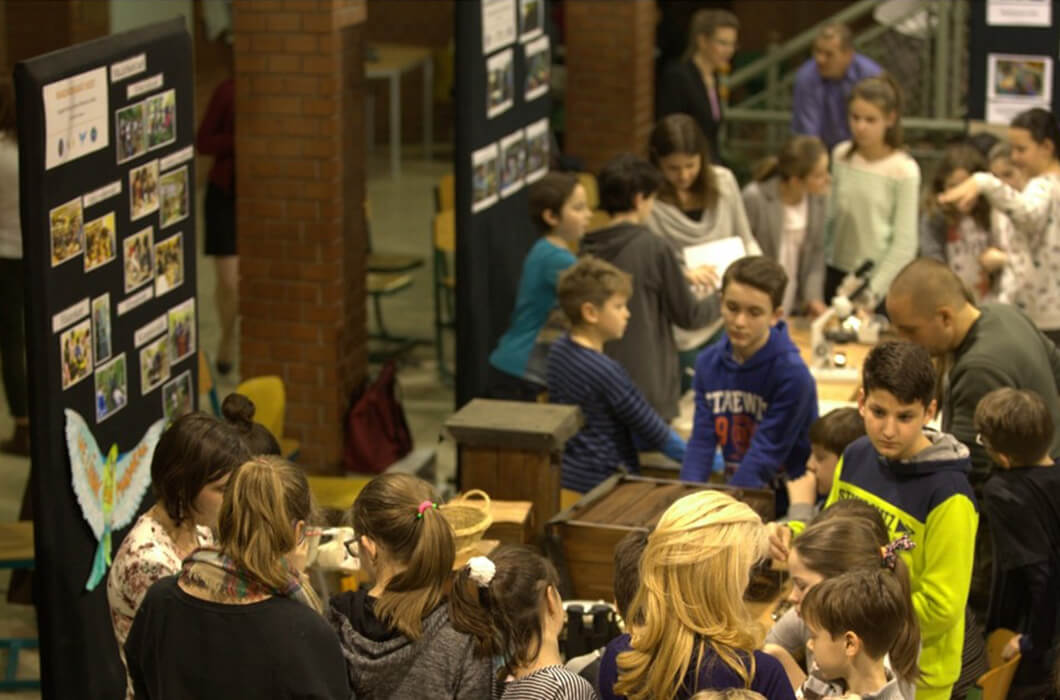 |
2018
In 2018, the implementation of a kindergarten project and a workshop took place. The kindergarten project involved a discussion and analysis of the experiences of a birdwatching trip to the National Park of Pusztaszer. The observation of the winter life of Hungarian birds provided a basis for various activities in Hungarian language, music, mathematics, science and physical education.
The workshop for lower primary school teachers and science teachers in the Szeged school district was organised with the aim of providing a platform for exchanging ideas and discussing experiences with the use of active learning methods in the teaching of scientific reasoning skills. The event was centred around the programme series covering an entire school year that took place at the Arany Janos Primary School in Szeged with the title of Science every day – everyday science. The creators and participants of the community project described the components and results of the project and shared the methods and experiences of its implementation.
BIRDS IN WINTERProject manager: Szivárvány Óvoda, Kistelek |
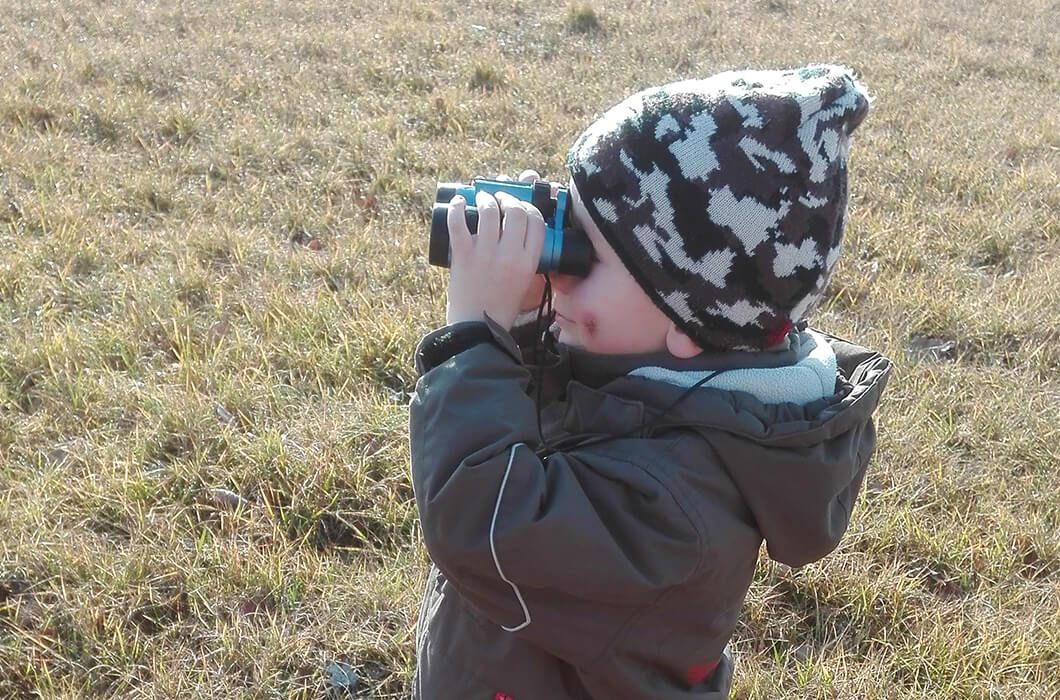 |
TEACHING SCIENCE SUBJECTS ON NEW PATHS |
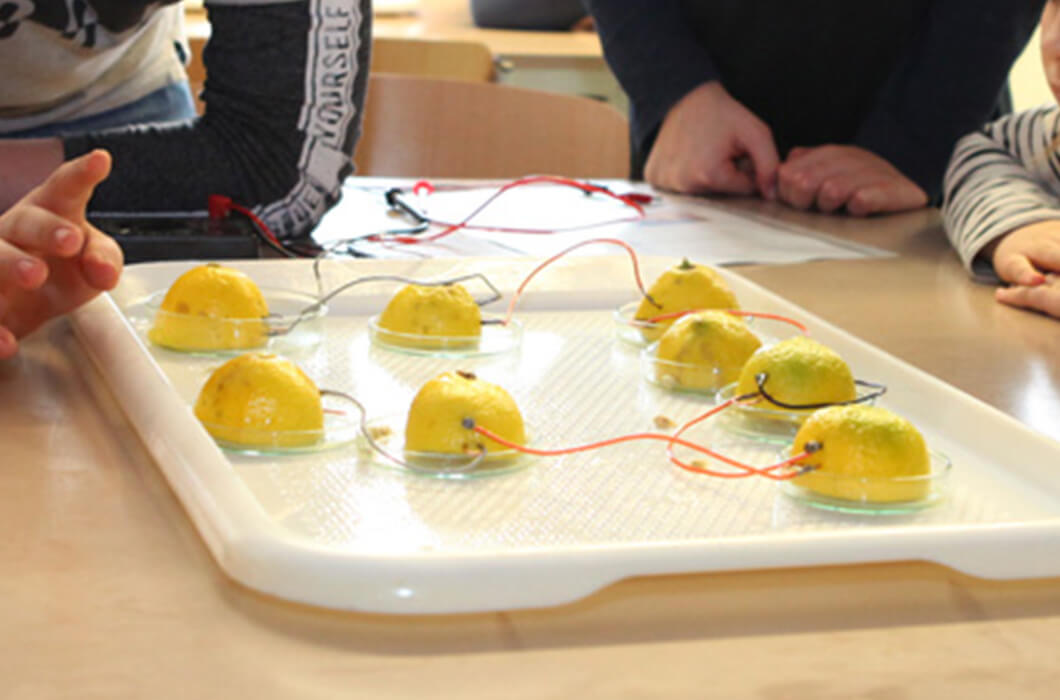 |
2020
The development and implementation of classroom activities and out-of-school programmes supporting project-based and inquiry-based learning continued in the research group. A secondary school project involved the restoration of paper while exploring its chemical basis. The steps of the professional restoration work were adapted to the classroom.
The programme entitled „Let us play science” targeted 6 to 10-year-old students as an out-of-school series of activities taking place in the Szent-Györgyi Albert Agora. The activities were designed to foster scientific reasoning skills using methods of direct observation and experiments suited to the target age group, in a safe, accident-free environment and with simple, everyday objects.
The Kiss Bálint Protestant Primary School in Szentes organises an annual Science Fair event reminiscent of the Science Fair Day programme of long-standing tradition at North American schools; it builds on the theoretical model of inquiry-based learning. The research group analysed the best practice of the school and helped to assess the impact of the programme and evaluate it in a survey with the school’s 4th to 8th grade students and teachers as our survey participants.
RESTORING OLD PAPERProject managers: Collaborators: SZTE Gyakorló Gimnázium és Általános Iskolabr |
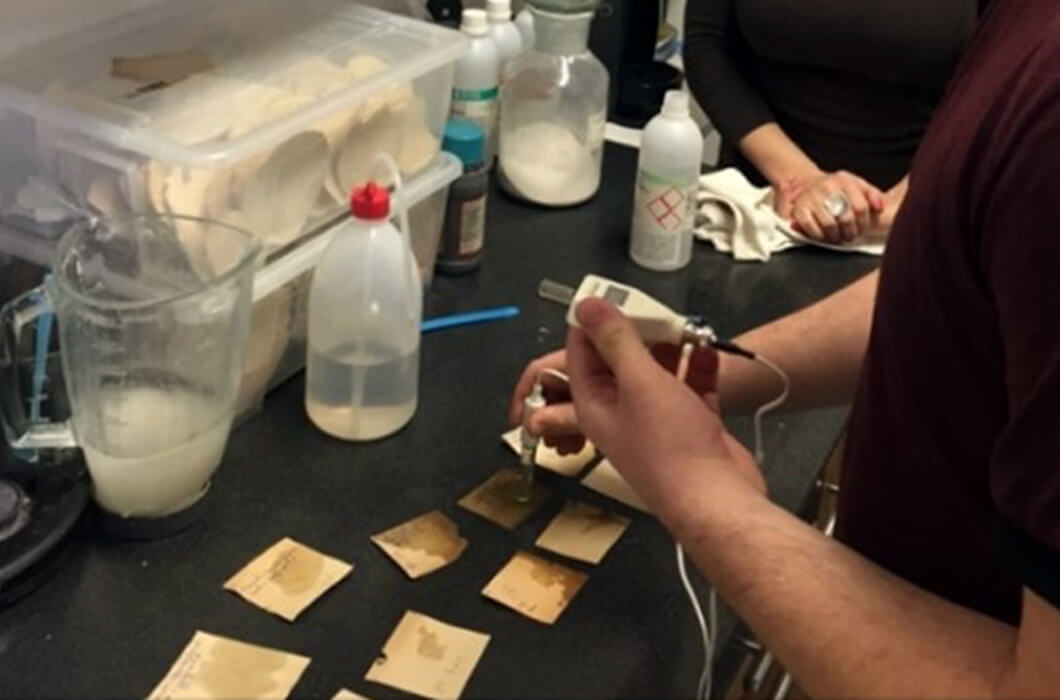 |
LET’S HAVE FUN WITH SCIENCE! |
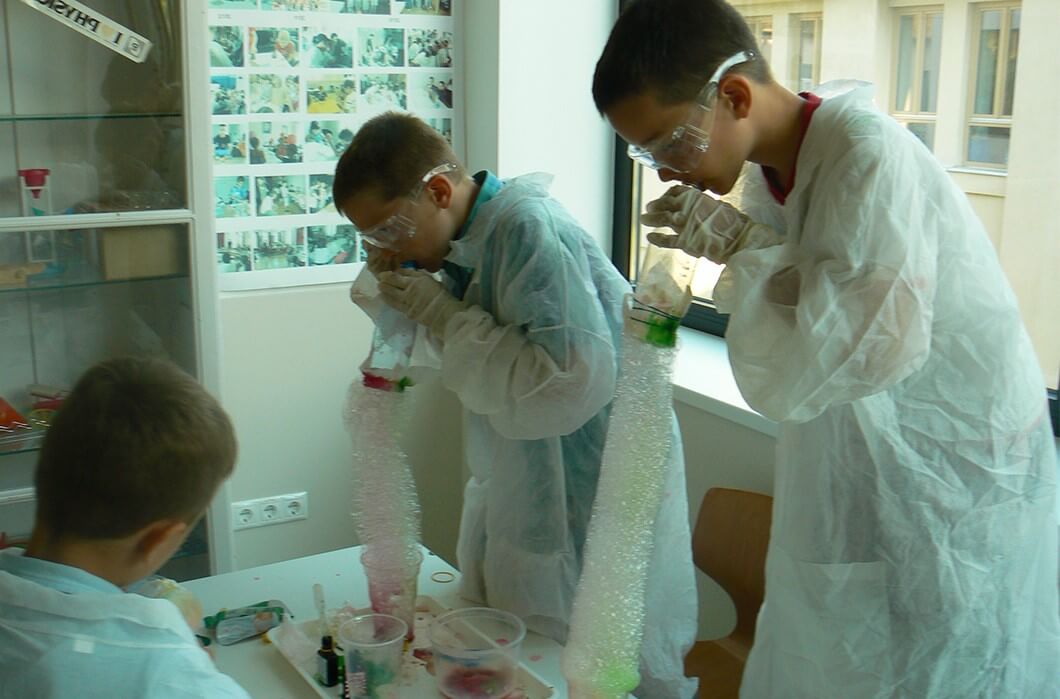 |
TAKE YOUR KNOWLEDGE TO THE FAIR!Project manager: Collaborators: Kiss Bálint Református Általános Iskola |
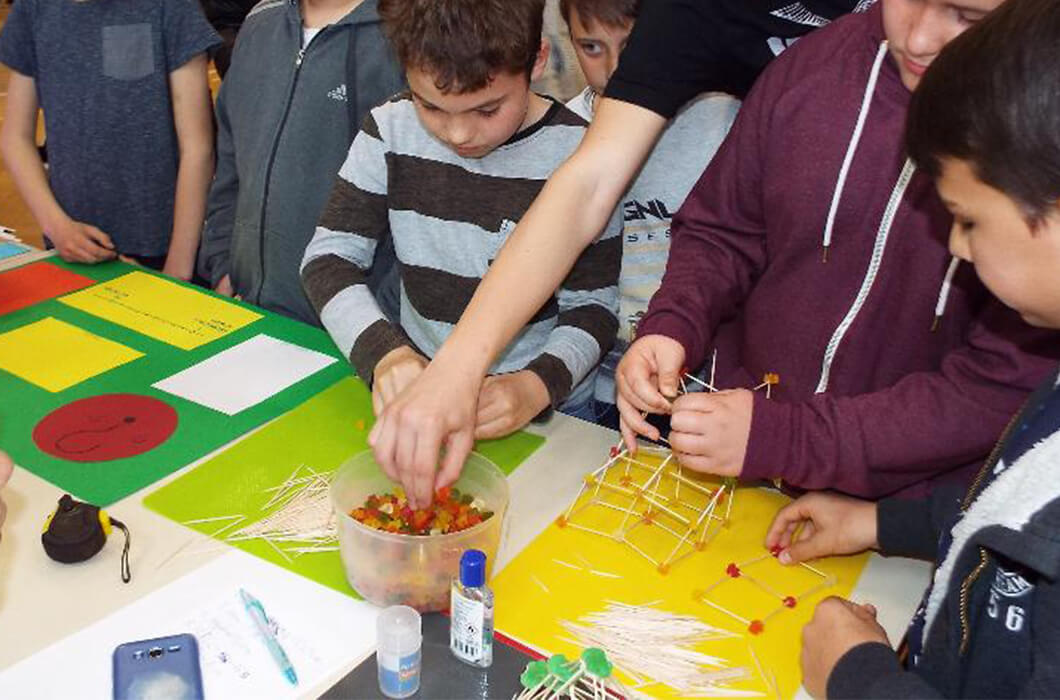 |
